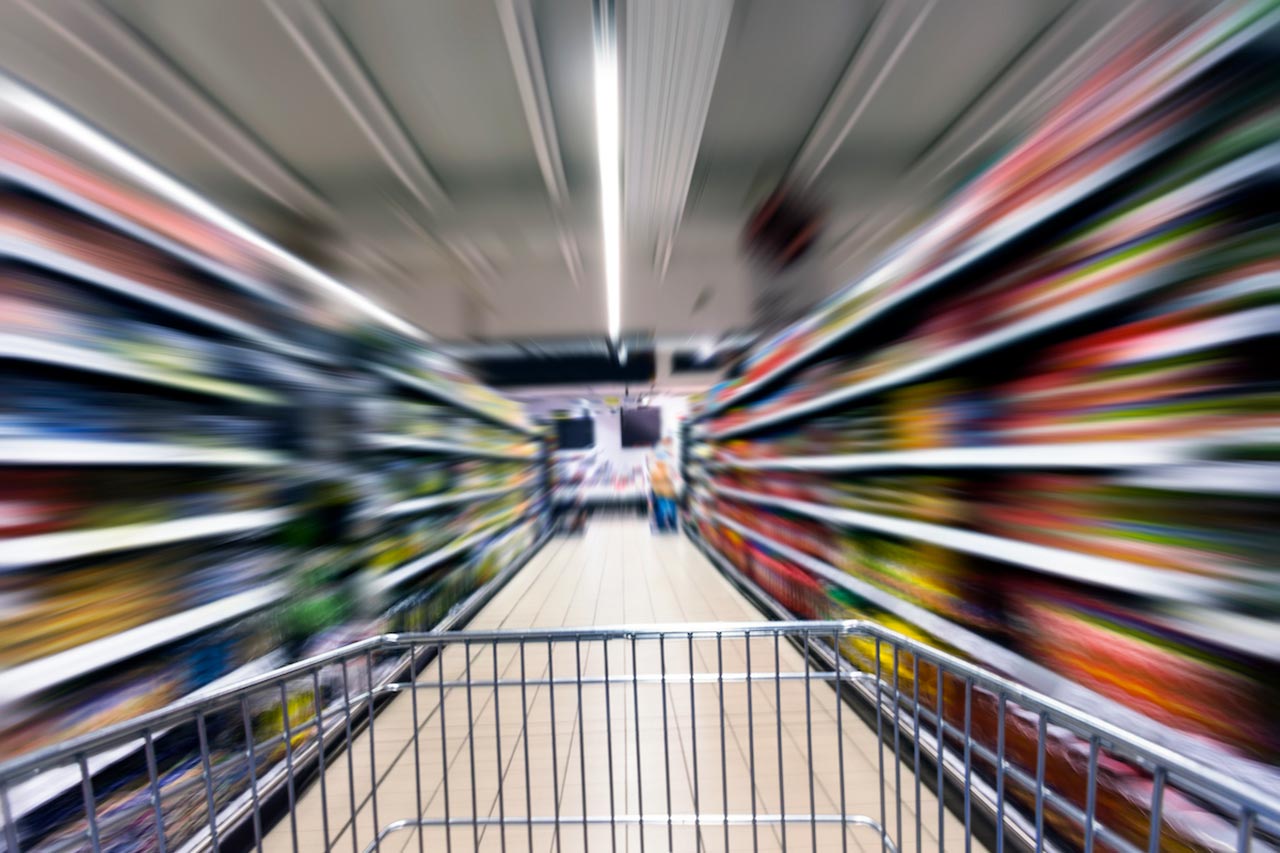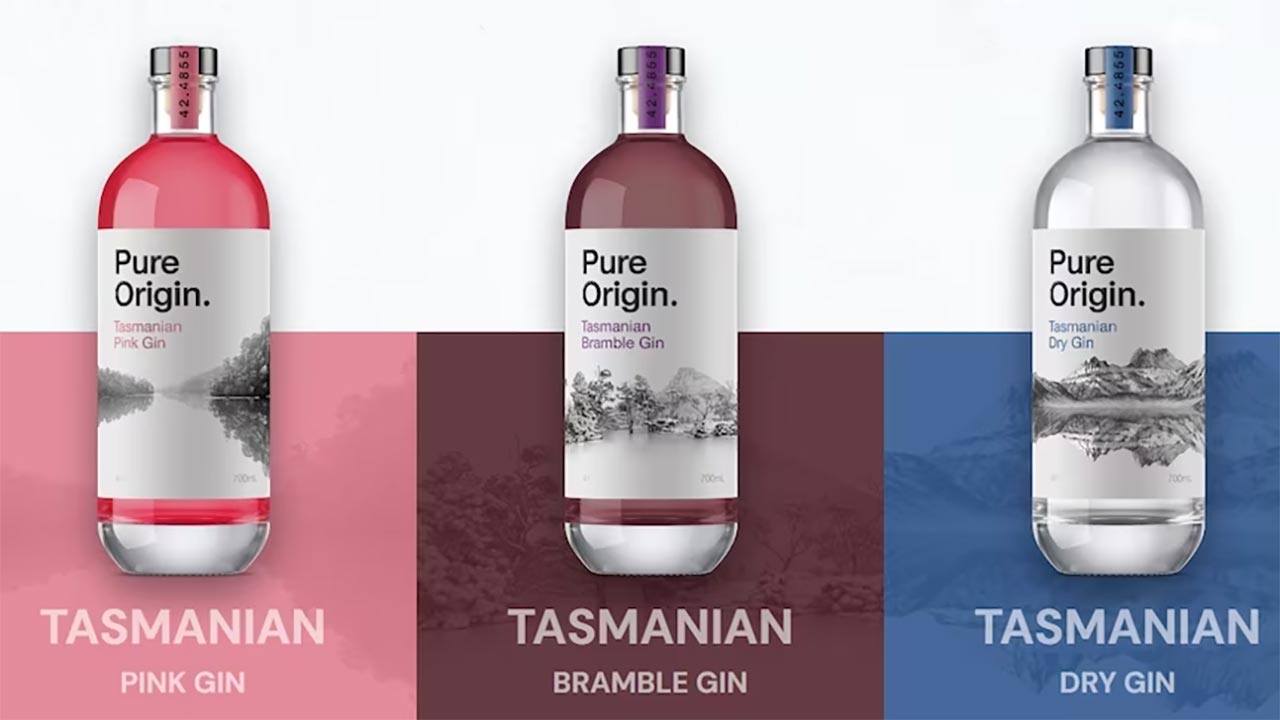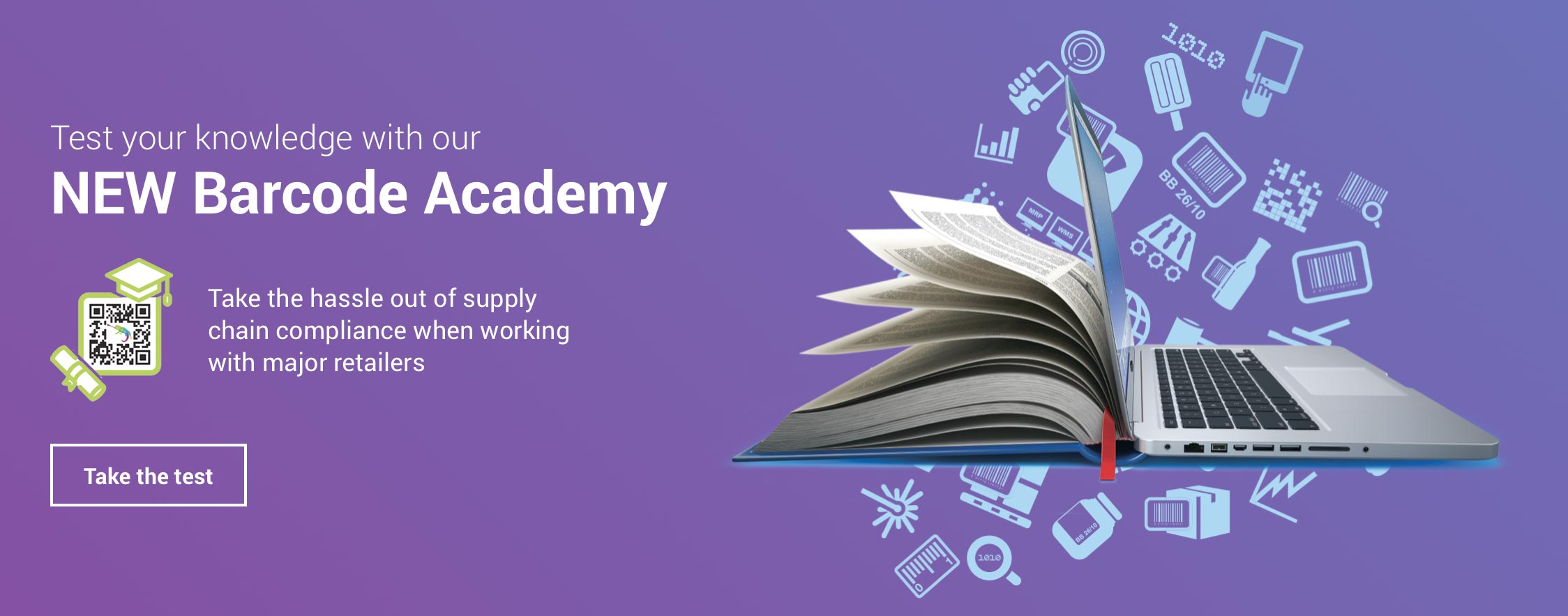Jun 27, 2024 by Mark Dingley
More Australian consumers are switching to cheaper private-label groceries as they try to save dollars and cope with the cost-of-living crisis. So, how can manufacturers tap into this trend?
Both Woolworths Group and Coles reported last year that shoppers were increasingly buying private label or “home brand” groceries to relieve cost-of-living pressures.
With 53% of retailers projecting private label to be their top growth driver in 2024, according to the NIQ x Advantage Manufacturer and Retailer Outlook Survey, the potential for manufacturers to thrive in this market is significant.
On the one hand, manufacturers could see the growing popularity of private label as a threat to their brands.
Conversely, it can present a great opportunity for manufacturers to partner with retailers, innovate and grow.
Let’s dive into the state of private labels in 2024 and how manufacturers can tap into the market.
The pandemic propelled the popularity of private labels, and the cost-of-living crisis has kept the momentum going.
Traditionally considered a budget-friendly option, price and value have always been the primary drivers for buying private-label products. However, private label no longer simply provides shoppers with competitive price points; it is now starting to win customers over on quality, too.
An FMI survey revealed that 65% of US consumers are motivated by aspects beyond affordability, including quality (30%), taste (26%), and meeting specific meal needs (16%). Notably, more than half perceive private-brand quality as comparable with manufacturer brands.
Moreover, consumers trust private brands more than ever. More than half (52%) perceive private brands as equally trustworthy as known brands, and most consumers surveyed consider private brands to be as informative (59%), healthy (57%) and eco-friendly (63%) as their private label.
It’s no wonder sales of private-label goods are soaring.
Woolworths’ private label and exclusive brand sales grew 9.1% in the March 2023 quarter, with pantry and chilled-dairy both growing over 20%.
Coles’ private label sales jumped 11.4% in the same period, and its own-brand pasta sales skyrocketed 40% year over year.
The shift to private label products also means Aldi will likely increase market share given its more extensive portfolio of private label products – more than three-quarters of ALDI sales come from private label products.
Customers can’t get enough of private labels. To tap into the demand, retailers are increasingly looking to expand their private label product ranges and enter into new categories – especially because they can realise 25-30% higher margins on private labels. Metcash has announced that private-label goods will be one of the key pillars of its food strategy for the next 3-5 years. For manufacturers, this could mean a significant boost in revenue. A study by McKinsey & Company found that manufacturers who successfully increase their private-label penetration have a distinct advantage in overall gross margin.
One key advantage of a private-label arrangement is that it doesn’t entail additional manufacturing costs, leading to revenue gains with minimal investment. This reassurance can help manufacturers feel more confident in their decision to enter the private label market.

However, while a private-label contract will boost volumes, it can dilute margins, therefore, it’s worth carefully weighing up the overall impact on your bottom line.
So how can manufacturers tap into the opportunity to benefit from the home-brand trend?
With the existing infrastructure, packaging equipment and expertise, manufacturers can help retailers get products to market on tight deadlines. For example, IDL in regional Victoria is a subcontractor that has benefited from the home-brand alcohol trend. IDL started as Idyll Vineyards and now provides private-label wine, cider and RTDs manufactured and packaged in its Moorabool facility (north-West of Geelong) for sale under a customer’s brand.
Retailers aren’t simply looking to “copycat” existing brands; they want to innovate with new products and varieties to meet consumer trends and differentiate from name brands. Beyond offering consumers better-value alternatives, manufacturers can use their direct customer insights and data to create innovative products and services, which can attract new customers and increase loyalty and purchase volumes.
With private label, packaging is often used to communicate quality and price. Retailers are creating a range of products tailored to different consumer segments across the value-based, mid-value and premium categories in tandem to meet a variety of shopper needs.
Some private labels have packaging that still looks “basic” or “cheap” – such as IGA’s basic Black & Gold range, which appeals to 70% of IGA shoppers who are budget-conscious and looking for the lowest price. Other private brands are designed to look like artisan or luxury products.
For example, Pure Origin looks like a boutique Australian gin, with a curved glass bottle, minimalist label and cork plug. It even has a website detailing how it’s made in “all-copper Tasmanian pot stills”, and it's won gin awards. Yet, Coles confirmed Pure Origin is a private label.

As with all products, supermarkets have specific requirements to ensure their suppliers meet high standards – particularly because own-brand products represent the retailer’s brand.
For example, Woolworths’ Supplier Excellence Program defines necessary product-specific safety, quality and compliance requirements for the supply of Woolworths Group’s own-branded consumer goods.
As with branded products, compliant labelling &coding are critical to ensuring your products are private-label ready. Barcodes must be compliant with GS1 Australia standards, as well as meet the retailer’s specific guidelines.
At our 2024 Retailer Engagement Hub, Alan Brophy, Coles Group Quality Manager, talked about own-brand risk mitigation for suppliers, with labelling and allergens being the biggest issue causing recalls and withdrawals. One way to mitigate this risk is to follow the labelling & coding guidelines across every level of packaging – from ingredient lists on primary products to carton coding and pallet labelling.
Not sure where your knowledge gaps are? Test your barcode knowledge in our Barcode Academy.

Australian supermarkets are highlighting sustainability as a priority with their own-brands. Metcash’s own brands include Community Co., which are quality products at a good price that give back to communities. This community support appeals to consumers, with 91% saying that the “giving back to communities” message is appealing.
One of the most impactful ways to improve sustainability is through packaging. For example, Woolworths’ goals for its own brand products include:
Woolworths provides suppliers with a list of preferred materials and packaging guidelines to achieve these goals.

Private labels are no longer just alternatives to big brands; they are increasingly the number-one choice of the discerning consumer, symbolising unbeatable value, quality and trust. By partnering with retailers and offering innovative products and expertise, manufacturers can tap into the rise of the private-label market and embark on a strategy for sustainable growth.
At Matthews Australasia, we work with many food & beverage companies to help them prepare their coding, labelling and inspection systems for private-label contracts. Talk to us to see how we can help you.
Learn more about becoming a private label supplier in this talk by Mark Alam from Metcash.